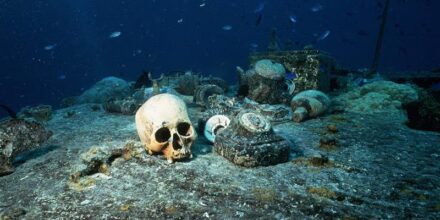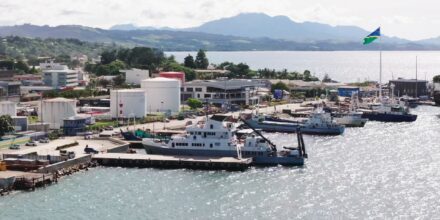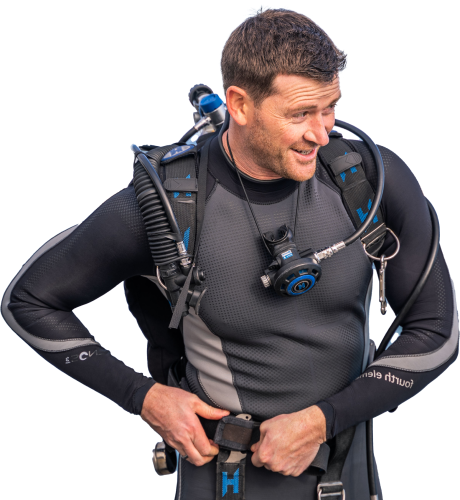Awei Bainivalu’s Groundbreaking Bioremediation Research
“At the Major Projects Foundation, we are thrilled to spotlight the innovative research of Fijian microbiologist Awei Bainivalu, whose work is paving the way for a natural solution to the global challenge of oil spills.”
A Natural Solution to a Growing Problem

Awei Bainivalu is conducting pioneering bioremediation research as part of her PhD at The University of Newcastle, Australia. Her focus? Harnessing the power of bacteria tonaturally break down oil spills. The research is especially significant for dealing with hazardous oil leaks from World War II shipwrecks—a pressing issue in the Pacific region.
The bacteria being studied were discovered in oil collected by Major Projects Foundation volunteers during a survey of leaking WWII wrecks in Micronesia. These tiny but mighty organisms could hold the key to cleaning up oil spills without the use of harsh chemicals, offering a more sustainable approach to environmental remediation.
A Collaborative Effort
Awei’s groundbreaking research is made possible through a partnership between the Newcastle Institute for Energy and Resources (NIER), the Secretariat of the Pacific Regional Environment Programme (SPREP), and the Major Projects Foundation. This collaboration highlights the importance of bringing together expertise from diverse organizations to tackle complex environmental challenges.
Transforming the Future of Oil Spill Response

The potential applications of this research are immense. If successful, it could lead to new methods of managing hazardous oil in various contexts, from shipwrecks to oil spills caused by industrial accidents. This work aligns with our commitment to protecting marine environments, particularly in the Pacific, where the legacy of WWII continues to pose environmental risks.
Looking Ahead
We are excited to continue supporting Awei Bainivalu as she advances her important research. By studying and applying natural solutions to environmental challenges, her work offers hope for a cleaner, more sustainable future.
To learn more about this innovative research, watch our video here.






